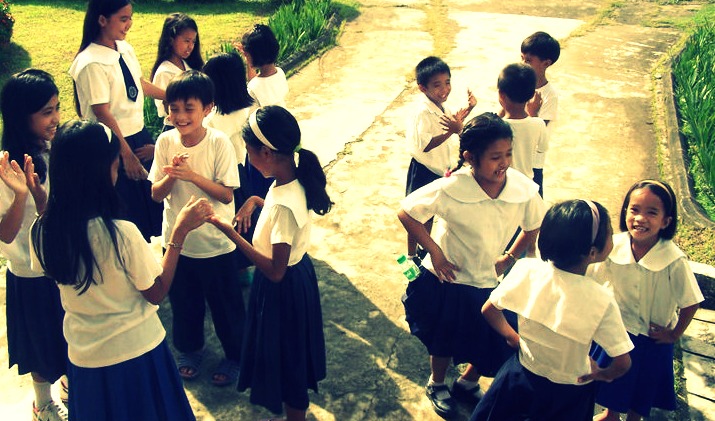What we do
Partners in Leprosy Action (PILA): the Community Skin Health approach
Partners in Leprosy Action, formerly the PLM-Initiated Leprosy Activities, is an innovative strategy developed by PLM to address the need for sustained detection and treatment of skin diseases including leprosy through private-public partnerships in leprosy-endemic areas of the country. PILA projects were piloted in Ilocos Norte in 2006 and expanded to Ilocos Sur in 2009. In 2015, PILA was recognized as one of the top 23 best practices for Social Innovation in Health care delivery in the Southern Hemisphere.
The Partners: The Department of Health, local government units headed by Mayors and Governors, Municipal/City Health Offices, the Department of Education, and dermatologists collaborate on this project.
The Strategy: By using Skin Health as an entry point, hidden cases of leprosy are detected and started on Multi-Drug Therapy. The goal is to establish skin health units at the Rural Health Center level so that common skin diseases can be properly managed by the health staff and difficult cases referred to dermatologists.
Health promotion: PILA also promotes skin health awareness in schools and in the community in general, hence, increasing health literacy and improving health-seeking behaviors.
Capacity building: PLM helps strengthen the existing local health system through capacity building. Training seminars of Rural Health Unit staff on primary level care of common skin diseases, leprosy, and other Neglected Tropical Diseases are conducted for all the MHOs and Public Health Nurses, including some midwives and barangay health workers.
Free skin health services: Schoolchildren and household members are pre-screened for any skin disease and invited to have free skin check-ups or visit the health centers. Standard forms for the prescreening and orientation of teachers, and flyers depicting photos of all kinds of skin diseases for schoolchildren and students are provided. Free skin check-ups by local physicians and volunteer dermatologists are organized together with local health units. Topical medication for skin diseases are provided by the partner agencies.
Health information for Action: The free community skin clinics also result in baseline data of skin diseases which is very useful in the promotion of advocacy for skin health and for voluntary reporting of skin problems at local health facilities. The data gathered are also reported to the public officials so that they could be sensitized to the existing problem of leprosy and skin diseases. With adequate information, the local leaders should give more support to the skin health and leprosy control program by allocating more resources to establish and sustain their community skin health program.

The innovation: The innovation lies in the strategy of 1) engaging various stakeholders, especially the local chief executives and schools, so that they gain a sense of ownership and 2) using Skin Health as an entry point to reduce the stigma of leprosy and encourage ‘hidden’ cases of leprosy to seek free consultation and thus get proper treatment.
Filipinos with leprosy and other skin disorders do consult at the local health centers. Thus, strengthening the existing local health services through a Community Skin Health program would lead to timely detection and treatment of skin disorders, the reduction of disabilities and stigma attached to these diseases, and, ultimately, increased productivity and quality of life
Using ‘Skin Health’ as an entry point rather than just ‘Leprosy control’, PILA encourages community members to voluntarily consult for any skin disorder without the fear and anxiety attached to leprosy. Hidden cases of leprosy could thus be detected
Education of communities and school children about the skin diseases and leprosy will eventually reduce fear or stigma attached to leprosy, transform their minds to be more compassionate, thus paving the way for leprosy patients’ reintegration into society.
To continue our good work, PLM needs resources, manpower, materials and money.
